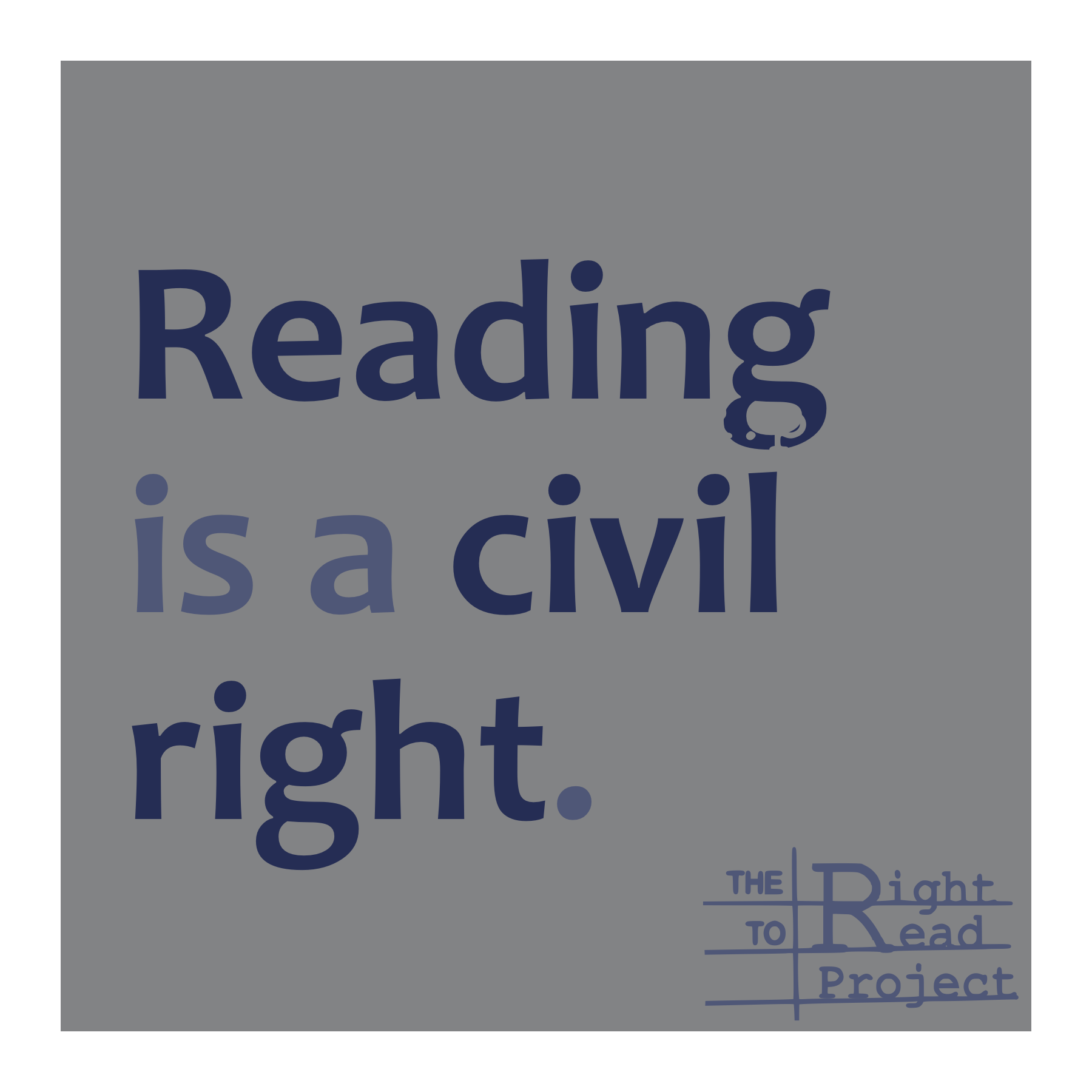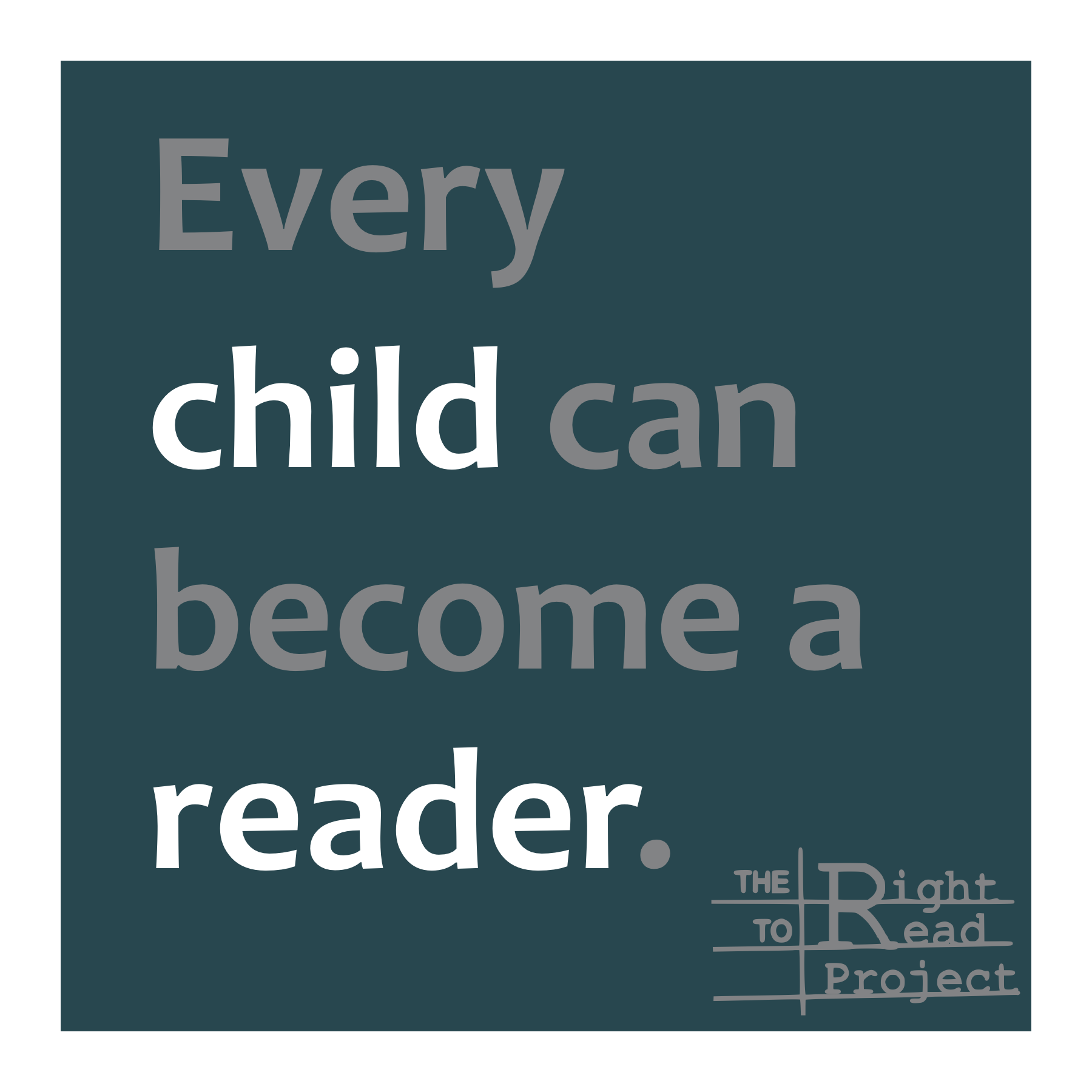Teacher guilt is a compelling topic and it’s found its way into Emily Hanford’s reporting more than once. In Hard Words: After learning about the reading science, these teachers were full of regret. “I feel horrible guilt,” said Ibarra, who’s been a teacher for 15 years. “I thought, ‘All these years, all these students,’” said Bosak, who’s been teaching for 26 years. To help assuage that guilt, the Bethlehem school
It’s Not Enough to Know Better
Just as the school year began, Natalie Wexler’s Knowledge Gap and Emily Hanford’s At a Loss for Words shook the ground under Balanced Literacy. Optimists might assume that classroom instruction will be transformed as a result of these powerful publications, but if a teacher in my district heard the research and wanted to change her practice, she’d face a series of barriers. Barrier: Formal Evaluation The school year began with
Discussion Guide: At a Loss for Words
This facilitator’s guide is intended to provide possible points for pause and discussion as educators, advocacy groups, and community members listen to At a Loss for Words from APM Reports. You’ll find that some of the questions have related resources to enhance your discussion. You will also find additional reading, images, and a video embedded in the APM article. We would love to hear about your experiences discussing the podcast
What F&P Have “Clarified” and What They Haven’t
The Fountas and Pinnell leveling system is designed to help teachers match students with books they can read. Period. Whether or not it actually does that will be covered in the next blog, but first… Districts across the country use Fountas and Pinnell materials in ways contrary to the creators’ intent, which is a problem separate from the materials themselves. “It is our belief that levels have no place in
Leveling Charges at F&P
The (Marketing) Genius of the F&P Leveling System The Fountas and Pinnell leveling system proposes that all the books written in English can be sorted into 26 categories, exactly the number of letters in the English alphabet. (In the same neighborhood as Reading Recovery’s 34 levels, one can’t help but notice. But that minus-eight makes all the difference.) The A-Z simplicity of the F&P leveling system is so appealing that
There’s Comfort In Being Wrong
Teacher (in a panic): “It can’t be wrong.” Me (softly): “Why not?” Teacher: “Because if it’s wrong and I’ve been doing it for years, then what does that mean for the kids?” Me: “I know, but another teacher said to me, ‘What about the kids we haven’t had yet?’” To consider that we may be wrong is scary. In her TedTalk, On Being Wrong (https://bit.ly/31o0V1o) Kathryn Schulz asks the audience:
Race, Class, and Reading Research
First, a little context: I am a white literacy coach in a large urban district where half the teachers are of color. When I began my job, I believed that my focus on evidence-based reading instruction, good intentions and belief that all students can learn would make me well-equipped to bring research to our diverse staff. How naive I was! Entering this work, I was blind to biases that permeate
Whole-language sneaks in EVERYWHERE
Most primary-grade teachers teach phonics because we know it supports our students’ reading and spelling. And many of us also believe that if we incorporate phonics into our instruction, we are by definition not whole-language teachers; we are “balanced literacy” teachers. But whole-language beliefs are so pervasive and so entrenched in education that they continue to serve as the basis for a majority of instructional materials and professional development offerings.
Teachers Won’t Embrace Research Until It Embraces Them
I understand why advocates, researchers, and policymakers who feel the urgency of our literacy crisis are frustrated when teachers don’t embrace reading science. But my entry into the world of reading research was difficult, and while I take pride in my determination to learn, I understand why other teachers might be deterred. If we want teachers to apply research, it may be helpful to think about why they aren’t. I’ll








